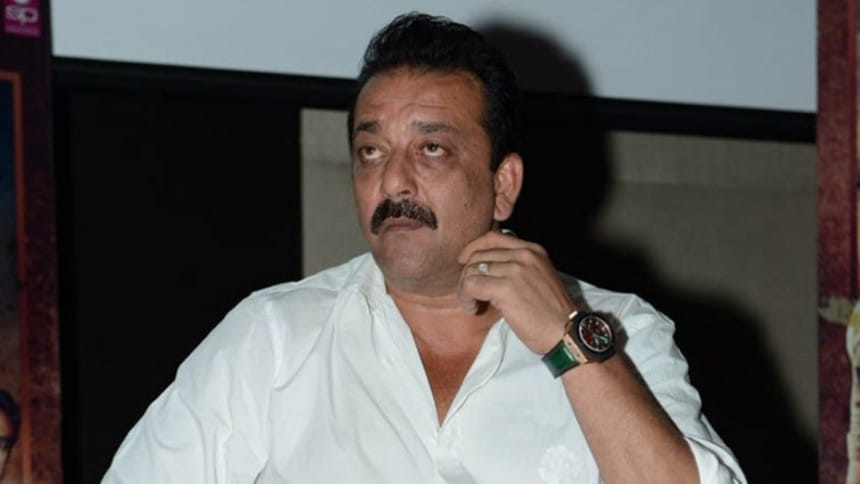Sanjay Dutt's pardon plea rejected, to stay in jail

With Maharashtra Governor CV Rao rejecting a plea for pardon, incarcerated Bollywood actor Sanjay Dutt will continue to serve the remainder of his sentence at a Pune jail, official sources said here on Thursday.
The governor rejected a plea by former retired Supreme Court judge, Justice Markandey Katju in March 2013, which came in the form of letters addressed to the president, the (then) prime minister, union home minister and other top officials.
"On September 15, Governor Rao declined the appeal and has forwarded his recommendation to the state government for further action," an official, declining to be identified, told IANS on Thursday.
While rejecting the pardon plea, the governor adhered to the state home ministry's advice, on - among others - grounds that it could set a wrong precedent.
In his plea, Justice Katju had sought a pardon for Dutt on grounds that he was not a terrorist, and also demanded pardon for another elderly co-convict Zaibunissa Kazi.
Earlier, Dutt had himself declared that he would not seek pardon from any quarter and abide by the Supreme Court verdict sending him to jail to serve the remainder of his five-year term at Yerawada Central Jail (YCJ), Pune.
According to current indications, Dutt is likely to complete his sentence and walk out of prison by the year-end or early 2016.
Dutt was convicted for his role in the March 12, 1993 Mumbai serial blasts and after his arrest in 1996, had spent 18 months in jail before getting bail.
In 2013, he was sentenced to five years imprisonment and was transferred to the YCJ for serving the remaining prison term of 42 months.
In the interim, he was out four times on parole on various grounds and is currently released on furlough since August 27 for his daughter's medical problems.

 For all latest news, follow The Daily Star's Google News channel.
For all latest news, follow The Daily Star's Google News channel. 



Comments